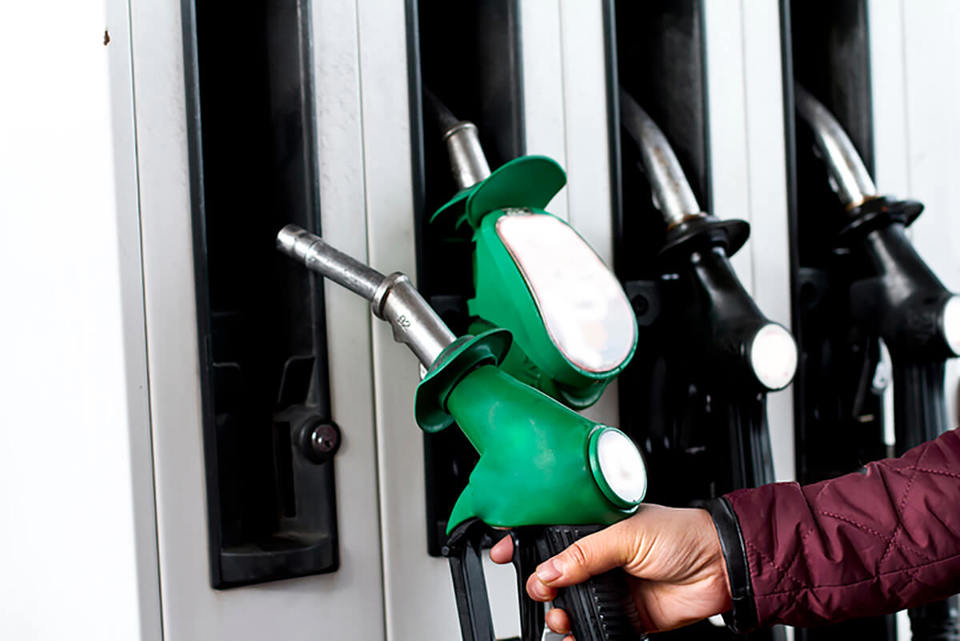Fleets are increasingly at the mercy of international traders and global events as North Sea oil reserves shrink, suggests the RAC Foundation.
In 2001, the UK's high oil production meant that the country could export 40% of what it produced, but a decade later and it is importing 32% of the fuel it uses.
The RAC Foundations says that the country’s ageing oil refineries are also struggling to meet the demand for diesel caused by the growing number of diesel cars on the road.
While the UK is a net exporter of petrol, it is a net importer of diesel, having to bring in as much as an estimated two weeks' worth of its annual usage.
Currently, the UK’s biggest sources of imported diesel are other European countries - predominantly the Netherlands, Sweden, Russia and Belgium - and the US.
The changing face of oil and fuel production is revealed in research on the UK oil and fuel markets produced for the RAC Foundation by Deloitte, the business advisory firm.
The work by Deloitte shows that:
• In the past decade the number of UK oil refineries has fallen from nine to seven and of those which remain, all but one has been up for sale within the past three years
• As North Sea oil reserves decline, international treaties will obligate the UK to hold much greater reserves of both oil and refined products and will require significant investment in storage facilities
• In the UK, 75% of all petroleum products are consumed by the transport sector.
Professor Stephen Glaister, director of the RAC Foundation, said: "The recent debates on security of supply have centred on our gas and food needs, but our inability to meet our oil and road fuel requirements is a potential time bomb.
“We are becoming more dependent on international markets and foreign suppliers to keep the nation moving.
"Not only are our North Sea oil reserves being depleted, our ageing refineries are not configured to produce the quantity of diesel we use.
“Retro-fitting these plants would cost many hundreds of millions of pounds; money the industry is unwilling to spend. As the closure of the Coryton refinery in Essex demonstrates, the big players are seriously considering selling up or closing down.
"As the global economies recover we will be competing with emerging nations like India and China for scarce resources.
“Even if we can secure the fuel we need from abroad, unforeseen events - war, politics, weather - all threaten the stability of the supply chain and will have an impact on price.
"Diesels now account for half of all new car sales and just about 100% of lorries run on diesel. The consequences of a major disruption to supply will be enormous."
Robin Cohen, partner in Economic Consulting at Deloitte, said: "The structure and performance of the UK petroleum sector is undergoing profound change.
“The UK is continuing to experience increases in its oil import dependency, reductions in the number of domestic oil refineries and substantial growth in market concentration at the level of petrol filling stations.
“Our work highlights the importance of continually reviewing the resilience and security of the UK's energy supply-chain"
A decade ago the UK had nine refineries. Since then both Teesside and Coryton have closed. Of the remaining seven refineries, six - Grangemouth, Humber, Lindsey, Pembroke, Milford Haven and Stanlow - have been up for sale in the past three years, Fawley being the exception.

















Login to comment
Comments
No comments have been made yet.